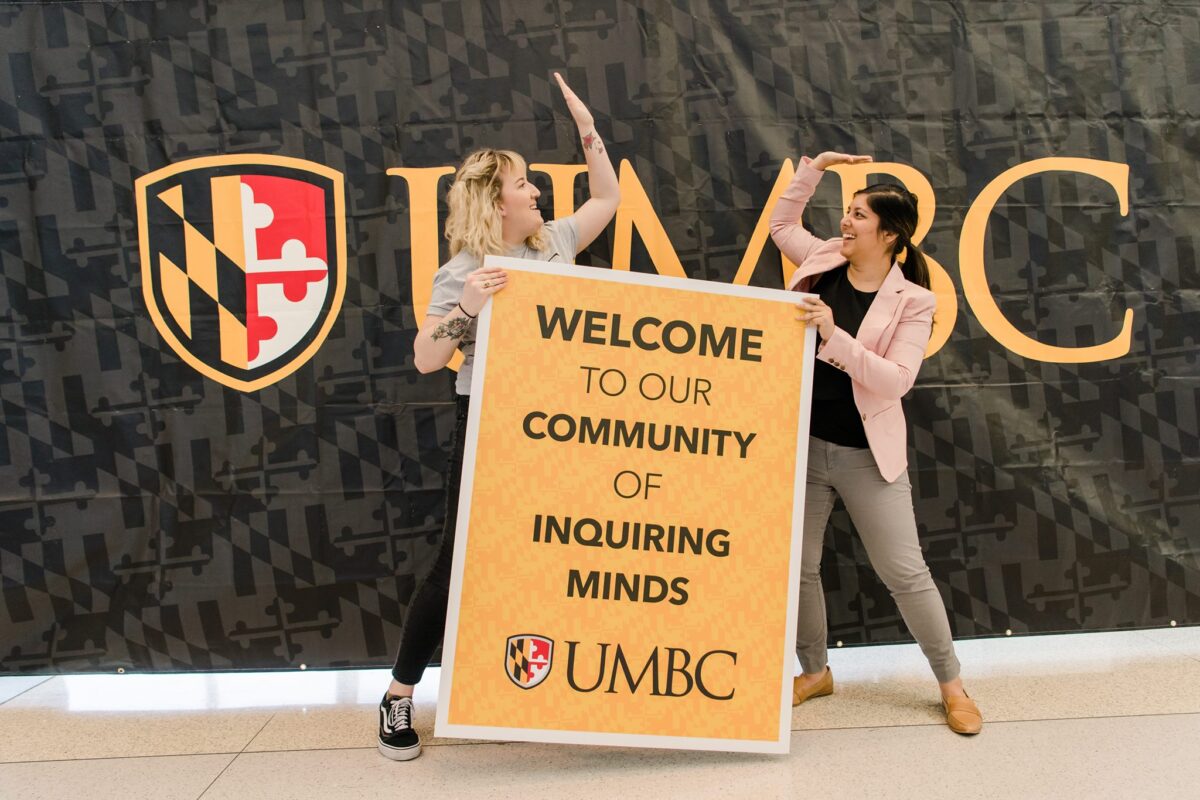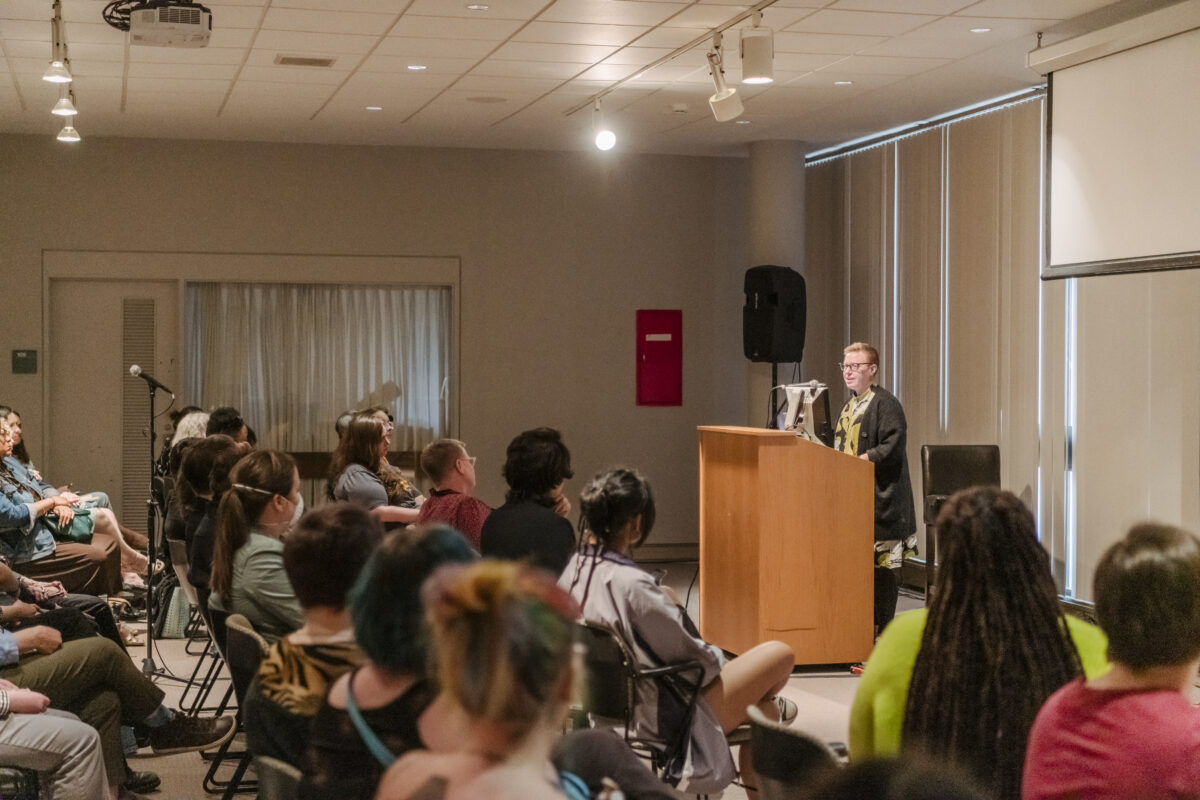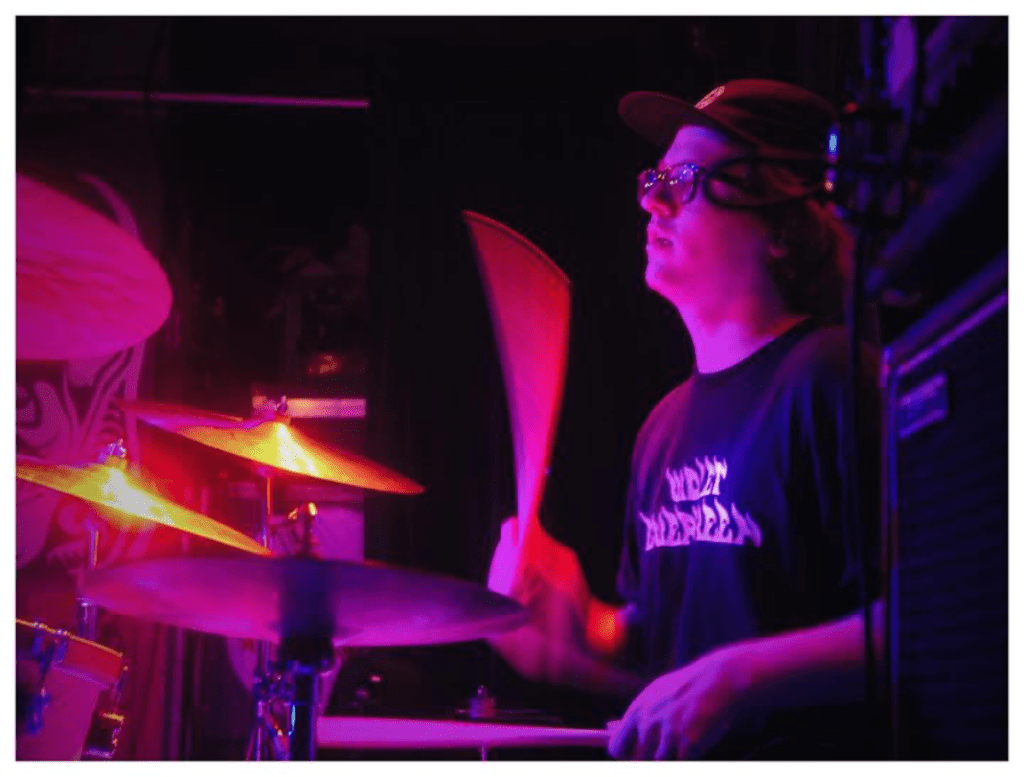On November 8, 2011, absentee voters in Takoma Park, Maryland, will have the option to verify their votes for mayor and city council using a new Internet voting system called Remotegrity. Internet voting has been used to elect government officials before (for example, in Switzerland, Estonia and Norway), but what is new here is that voters mail in paper ballots and use the Internet to independently verify that their votes have been received by the city and recorded correctly. Anyone can check online that the recorded votes were tallied correctly.
Dr. Filip Zagorski, computer scientist at The George Washington University, explains “Through the hybrid use of paper ballots and Internet verification, Remotegrity combines the best of both worlds to provide a very high degree of security even against malware and insider attack.” Portions of the underlying research in cryptography and secure server design were supported by the National Science Foundation and the Polish Ministry of Science and Higher Education.
Voters who have requested to vote by mail receive a ballot which they mark and mail in, but they can also verify their vote on-line in the Remotegrity system, without revealing how they voted. In future elections, the same online procedure may cast votes and physical mailing of paper ballots may be optional or omitted.
The city will also use the Scantegrity voting system for voters who cast their ballot in person, as it did in 2009. The integrated Scantegrity and Remotegrity systems offer full end-to-end voter-verifiability, in which voters casting ballots from home or in person can verify that their votes were correctly cast, collected, and counted.
Additionally, this year, the city will provide an audio interface for marking ballots. The interface, named Audiotegrity, developed by researchers at The George Washington University, will enable voters with difficulty marking paper ballots to mark ballots independently using an electronic interface. Mr. Noel Runyan, a usability and accessibility expert, provided pro bono design advice to the Audiotegrity team.
With a grant from the federal Election Assistance Commission, and support from the non-profit Voting Systems Institute, researchers from UMBC will survey voters and election officials as well as conduct focus groups around their experiences using these new voting systems.
For more information, contact Alan T. Sherman, Department of CSEE, at sherman@umbc.edu or 410-963-4779, or visit www.scantegrity.org.



